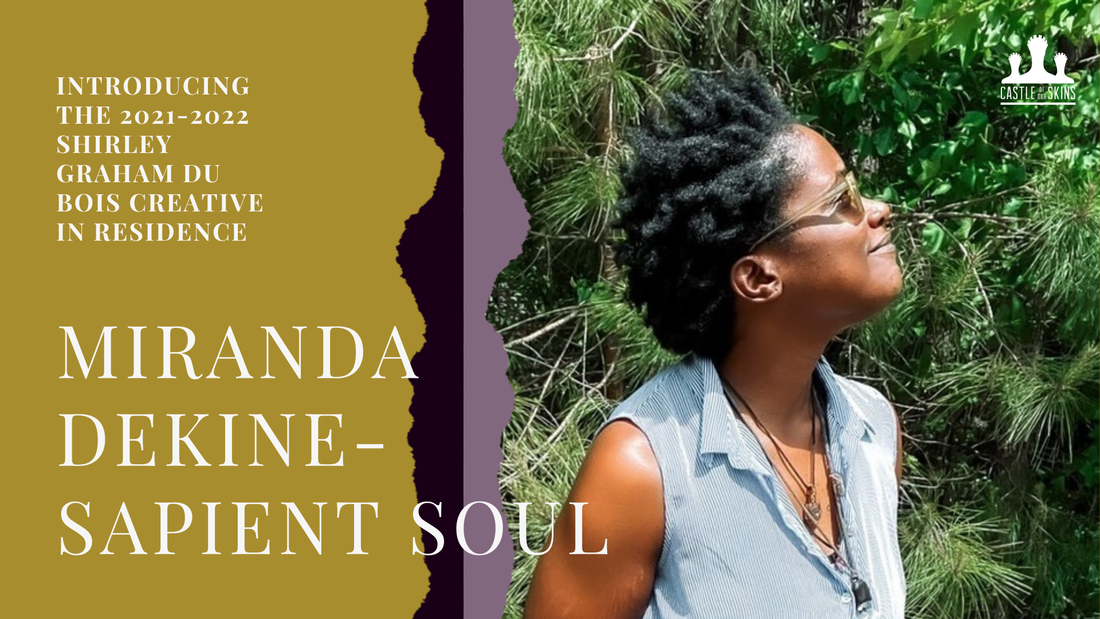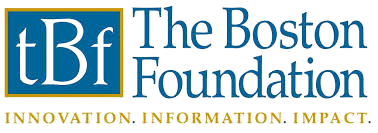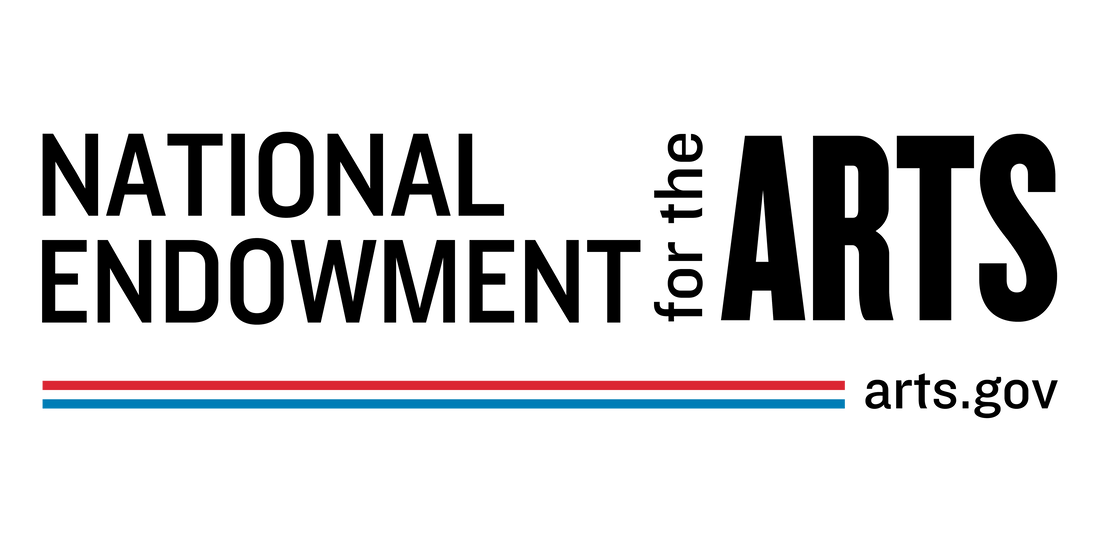|
Hello, BIBA fans! This BIBA Monday blog is a feature of our inaugural Shirley Graham Du Bois Creative-in-Residence, Tanyaradzwa Tawengwa! A musical powerhouse with a wealth of experience in performing, composing, and scholarship, Tanyaradzwa is a vocalist, multi-instrumentalist, composer, and scholar whose work bridges Zimbabwe’s past and present in order to inform a self-crafted future. Her performance style connects the seemingly disparate worlds of Western classical music and Zimbabwean classical music in a trans-continental hybridity. She is part of the 2020 National Sawdust New Works Commission cohort, and has been recently profiled in I Care If You Listen and the Boston Globe. Check out her BIBA feature below! BIBA : How would you describe your overall practice?
TT : My practice is a healing practice. My work is about coming back to the self and the journeys we take to rediscover our wholeness. For me, that journey is rooted in Chivanhu healing practices and ancestral guidance. This modality undergirds all aspects of my creative practice, from process to performance. BIBA : As a scholar, what do you focus on and how has this journey developed? TT : The creation of self-liberated zones is the focus of my scholarship, i.e. Chimurenga chePfungwa. This mandate takes on many forms, namely, the centering of African epistemologies, modalities, forms and voices in my work. This journey has evolved over time, and is continuing to evolve. At this moment, my focus is Love, and how the existential journey to find yourself is actually a journey to Love and accept yourself. BIBA : What is your relationship with your voice and how does that relate to your culture? TT : I come from a voice practice that celebrates each individual’s inherent creativity. On my mother’s side of the family, my great-grandfather was an evangelist, and my great-grandmother would translate his sermons into 11 languages. My grandmother and her siblings were the choir, singing all the hymns. My father’s side of the family didn’t convert to Christianity. They are rooted in Chivanhu practice and it was during our family ceremonies that I connected to mbira music. Mbira dzaVadzimu is the instrument we use in ceremonies to connect with our ancestors. These ceremonies combine body, voice, spirit and all members of the community. All these influences are embodied in my voice practice. BIBA : Who are some influential people in your life (past, present, or future) and why? TT : I have a robust support system that is always there for me. Love is the greatest influence in my life, and it shows itself in many ways: Through my great ancestors who walk with me: Charwe, Dumakude, Pfute, Mbvonyoza, Sekuru Philip, Gogo Soneni, Gogo Lynah, Sekuru John Melusi, Matemai George, Mabel, Auntie Tino, Sekuru Godwin, Uncle Eddie, Itayi and many more known and unknown... Through my teachers, many teachers, and mentors: Mr. Musindo, Mr. Chikaka, Sr. Loyola. Ron Maltais, Uncle Carlton, Everett McCorvey, Dr. Angelique Clay, Somi and many more... Through my friends, family and lovers: Ademisola, Aria, Carly, Ijeoma, Saru, Munashe, Tadisa, Tawanda, my mother and my father, and many more… Through my enemies who are actually divine mirrors, put here to make me the strongest warrior I can be: They have no names. All these names influence my work, and their Love sustains me and shines Light upon me. This Light helps me to see myself clearly and to channel the creativity that resides within. BIBA : I give you the commission of a lifetime: unlimited time, funds, resources, and whatever else you need. What piece would you compose? TT : I would write my story, because my life is the greatest work of art I will ever encounter.
0 Comments
Leave a Reply. |
Details
Writings, musings, photos, links, and videos about Black Artistry of ALL varieties!
Feel free to drop a comment or suggestion for posts! Archives
May 2024
|
Member Login
Black concert series and educational programs in Boston and beyond


 RSS Feed
RSS Feed










